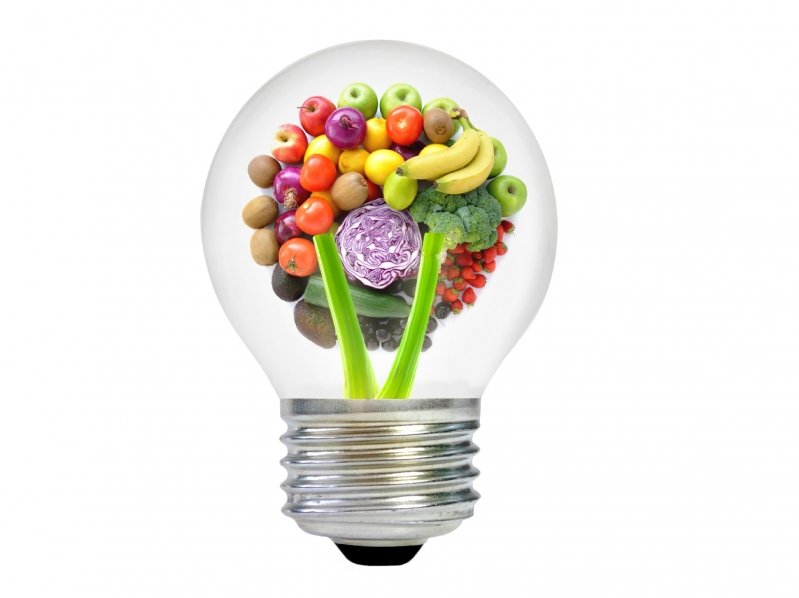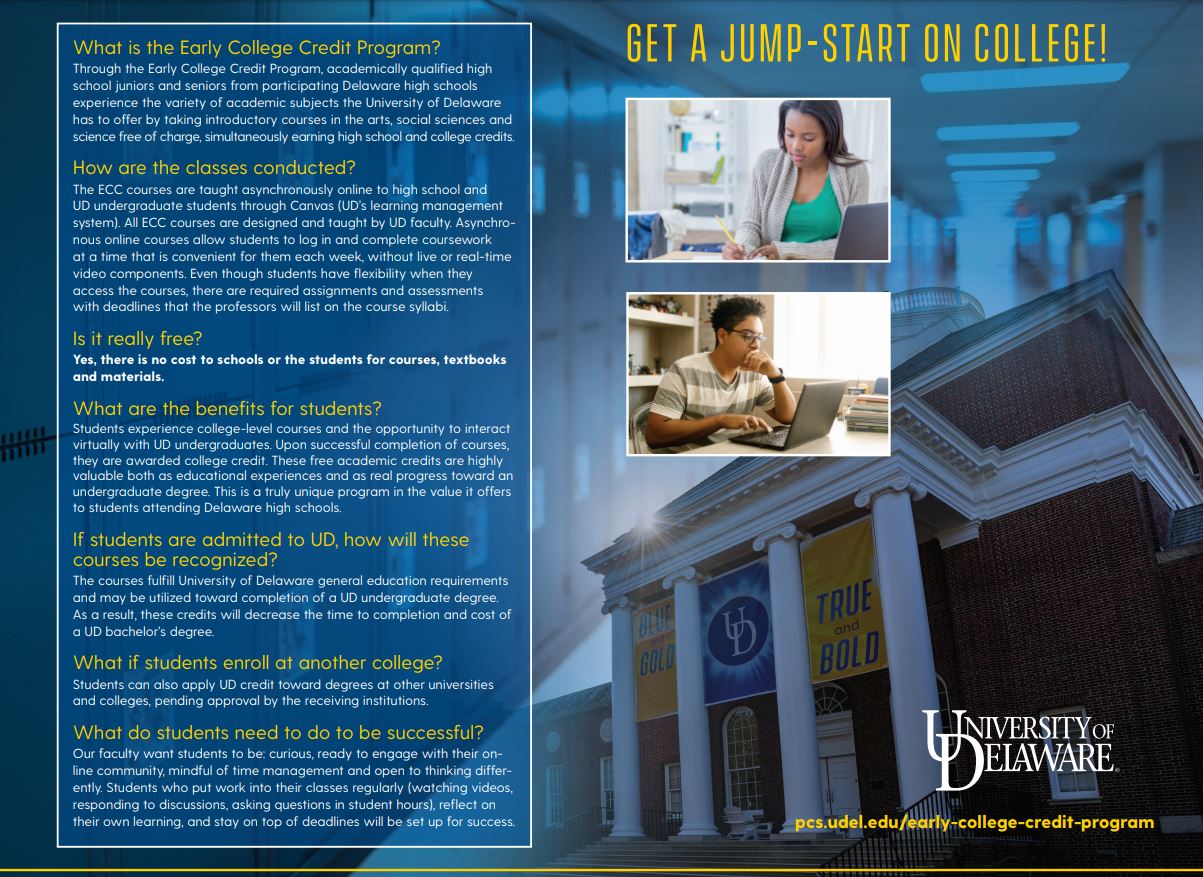UD ANFS 102: Food for Thought (Spring Semester)
Overview of our foods today including how the composition, safety, processing, and chemistry influence our choices and overall production. The effects of social influences and the marketing of foods will be discussed as these are important considerations for individuals and food companies.
Upon “successful” completion of this course, students will earn 3 college credits + 1 high school AP-weighted credit. This UDel course is offered as an asynchronous online course during the Spring semester.
- Level of Support: Least
- University: University of Delaware
- Type: Online/Independent, Semester-long; SPRING ONLY
- Instructor: College Instructor with Penn Support
- Grade Level: 11-12th
- Cost: $0 FREE
- Payment: Enroll online for free
No textbooks are required for this course.
Instructor: Kali Kniel, Ph.D. Professor, Department of Animal & Food Sciences
Plan on going to UD? This course fulfills the Math, Natural Sciences, and Technology University Breadth Requirement with a grade of C- or higher. Additionally, may fulfill a Math, Natural Sciences, and Technology
College Breadth Requirement for some majors. Fulfills the University’s Multicultural Requirement.
About the Department of Animal and Food Sciences:
Our programs cover a wide range of scientific disciplines that support the safe and economical production of quality foods, including those of plant an animal origin, as well as the care, health, and use of companion animals. In the field of animal science, disciplines include virology, physiology, nutrition, microbiology, immunology, molecular biology, engineering, biochemistry, genomics and animal management. In food science, we cover the disciplines of food safety and microbiology, chemistry and engineering, food security, food production systems, as well as the culinary aspects of food.
What you can do with a major in Food Science:
• Product development
• Quality assurance
• Quality control
• Sensory science
• Regulatory
• Food safety
What success looks like in this course (a note from the professor): The key to success will be active and engaged reading and attention along with critical thinking. As we discuss the personally emotional and wonderful topic of food, consider what food means to you in terms of history, culture, family, and identity. Have an open mind and enjoy learning about a new dimension of food.


